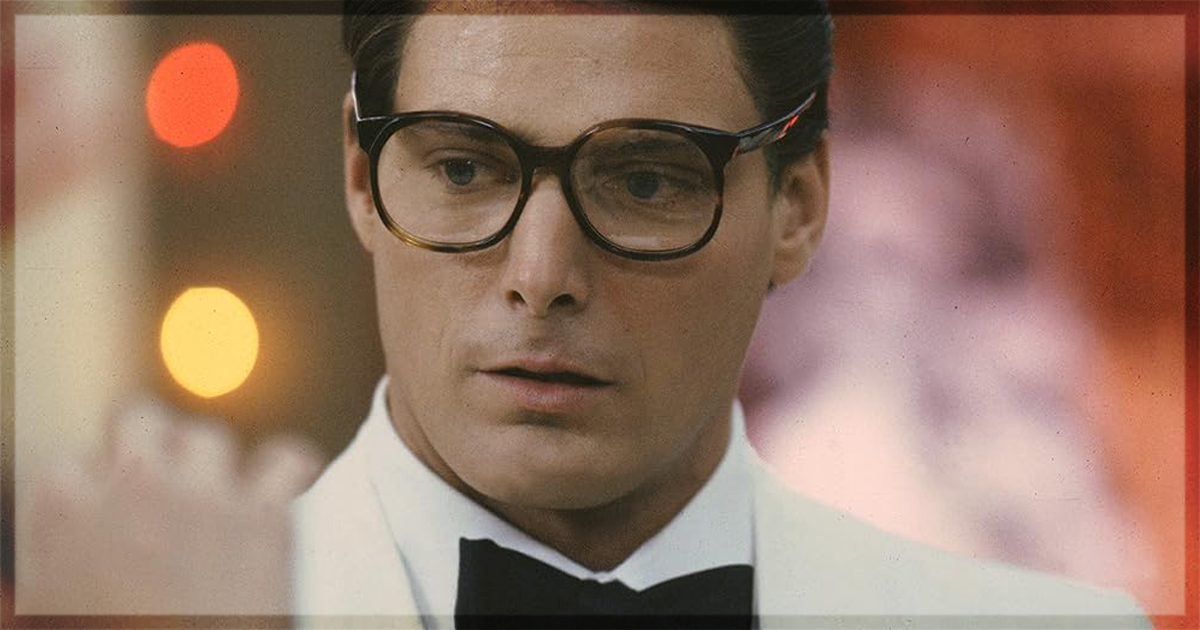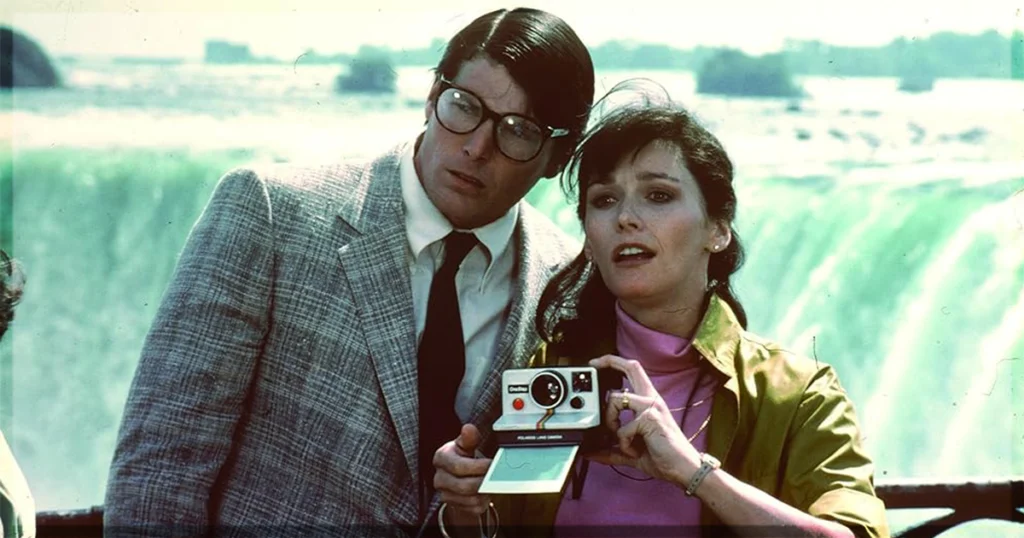After the juggernaut films of Superman and Superman II, Superman III was inevitable. Coming three years after Superman II, Superman III had a significant challenge ahead. Unfortunately, the film failed to meet the previously established standards. With a smaller budget (and a significantly smaller profit), the results proved that the spark was gone. Looking back years later, the film proved even more of a struggle to get through. That comes down to the fact that all involved seem less interested in the story. Before going any further, it’s best to tell the story of this film.
Superman III follows the villainous entrepreneur named Ross Webster (Robert Vaughn). Teaming up with a computer genius, Gus Gorman (Richard Pryor), he attempts to build a computer that can dominate the world. That is, until Superman (Christopher Reeve) obstructs his plans. At the sametime, Clark Kent returns to his hometown of Smallville for his high school reunion. This includes running into an old friend from high school named Lana Lang (Annette O’Toole). In theory, all of these story elements should have made for a compelling adventure for the character.
What happened was something much less compelling. This begins with the screenplay by David and Leslie Newman. Admittedly, it’s difficult to put a finger on precisely what’s missing from this screenplay. It has all the key elements of the first two films, but lacks cohesion. The villain feels archetypal and lacks menace. From scene one, he feels like the easiest opposition Superman has faced. One of the reasons for this is the supporting villains that surround Webster. That is particularly relevant in Richard Pryor’s incredibly comical “villain” as Gus Gorman.
Frankly, Pryor’s comedic styling feels out of place within the franchise. What is difficult to decipher is how audiences are supposed to feel about Gus. Is he actually a villain? Or just a regular guy thrown into a dark situation? The film struggles to clearly define this, wasting the potential of Pryor as a performer. He’s never quite funny, never once menacing, and admittedly just a sad person. Coming after performances from Gene Hackman and Terence Stamp, it simply feels like wasted potential. Granted, it’s hard to properly judge if that is a screenplay or performance issue. Especially in comparison to the performance of Christopher Reeve as the titular character.
As years have passed, it has been noted Reeve struggled personally in the later films. Not so much in terms of performance, but if completing these roles out of obligation and nothing more. Watching this film for the first time, that sensation is not present. Three films in, he still manages to apply the impressive duality of Clark/Superman with an exciting wrinkle. First of which, a newfound warmth is applied with his relationship with Lana Lang. The romance feels genuine, in ways that felt familiar to this franchise. While different from Lois Lane, the entire dynamic with Lana feels more emotionally grounded. It gives viewers something to root for, besides an unthreatening set of villains.
The strongest aspect of Superman III has to go to a new element in Reeve’s performance. After an unintentional exposure to Kryptonite, Superman becomes a corrupted entity. This leads him to committing acts of vandalism, (such as blowing out the Olympic Flame and straightening the Leaning Tower of Pisa) , corrupting his very being in the process. This leads to the film’s most exciting sequence, a battle of split personalities between corrupted Superman and Clark Kent. The moment rings the truest of the first two films, properly describing Clark’s internal struggles. While an effective metaphor on the dichotomy of a superhero, the moment feels too late to have an impact.
Such a sequence shows Reeve’s proficiency and versatility as an actor. He does the heavy lifting, being both a friend and foe to the audience. For a third film in the franchise such a conceit can be fascinating to watch unfold. Unfortunately in the case of Superman III, such moments are painfully underdeveloped. They can be best described as leaving audiences pining for more engaging material. Instead we’re left with hackey humor from Pryor, that has no reason to exist in the story. Add in mostly lackluster action sequences, and the real problems of Superman III take shape.
Up until the third act battle, Superman III has failed in completing a critical component. Viewers feel no tension in Superman/Clarks quest against Ross and Gus. With both men simply being “smart” businessmen, there isn’t any question of can they beat him? Three films in, and especially after dealing with Gene Hackman’s Lex Luthor, viewers know that Superman is perfectly fine. That means that by the time that battle occurs, viewers have simply lost interest. What should be a moment of happiness at Superman overcoming his kryptonite infection feels both slight and insignificant. The results of which delivered a third act battle which landed with a resounding thud.
Superman III is a massive disappointment in comparison to its predecessors. It consists of interesting pieces that never congeal to a satisfying whole. The results of which make the film all the more frustrating. That is due to its center having an engaging performance from Christopher Reeve. He applies a tenderness and vulnerability that makes every time he’s onscreen have a certain verve. We as viewers care about his journey, and fear for his split personalities. The problem is that the script does not care about that, but only on moving the plot forward. When combined together makes the film a half-baked Superman movie that feels like a studio product, and not a cohesive film.


